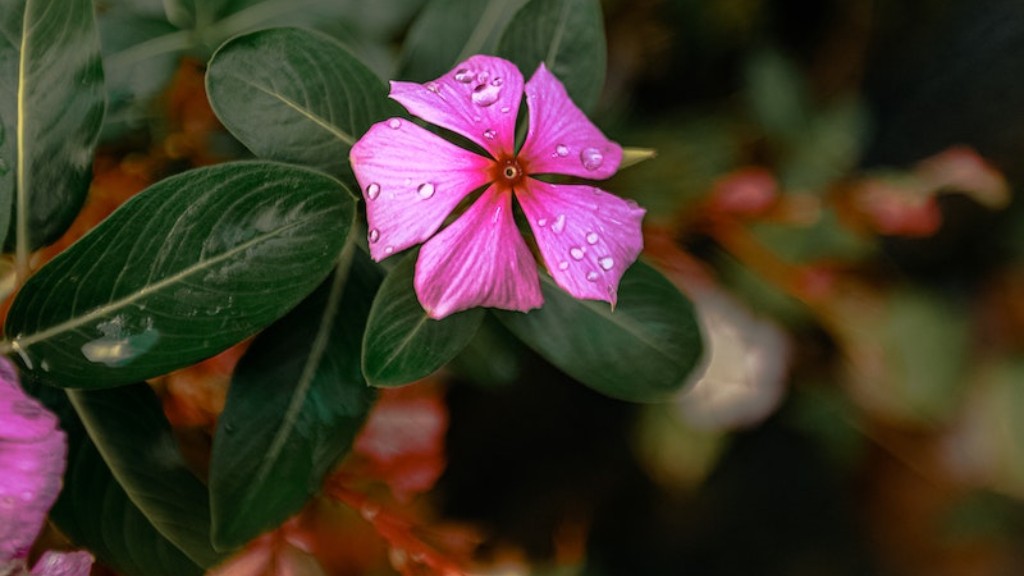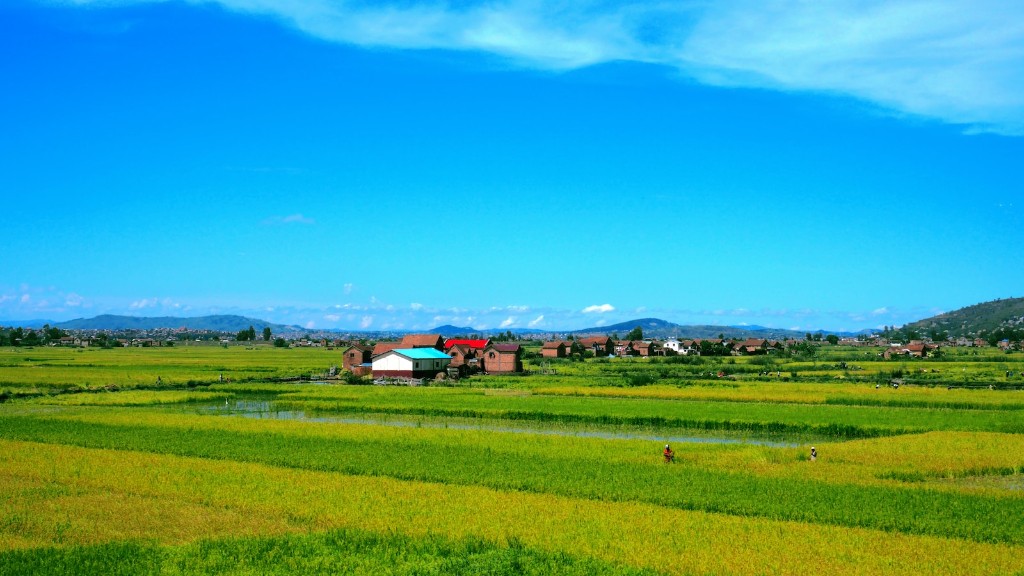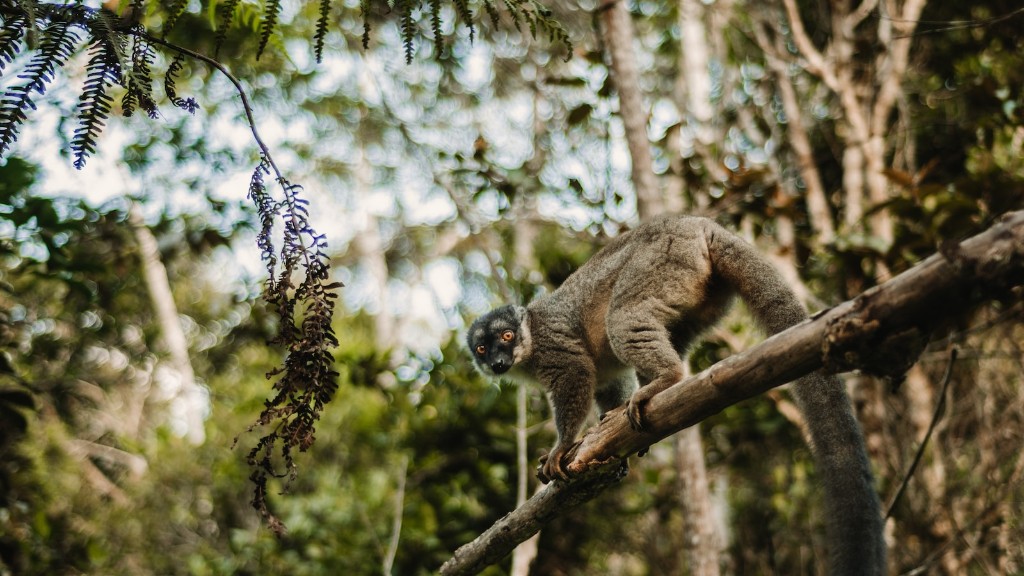What Was Life Like in the 1900s in Madagascar?
The 1900s in Madagascar marked a significant period of history with various changes and challenges. This tropical island off the coast of Southeast Africa experienced the effects of colonization, the impacts of World Wars, and the struggle for independence. To understand the lifestyle and conditions during this time, let’s delve into the background, relevant data, and perspectives from experts.
Background
In the early 1900s, Madagascar was under French colonial rule. The French introduced their language, culture, and institutions, which had a profound influence on the island’s society. Traditional Malagasy customs and practices began to merge with French influence, creating a unique blend of cultures.
At the same time, Madagascar faced challenges such as economic exploitation, forced labor, and limited access to resources. The French authorities utilized the island’s natural resources, particularly its valuable vanilla, coffee, and cloves, for their economic benefit. This exploitation often disadvantaged the local population.
Life and Society
Life in the 1900s in Madagascar was characterized by a hierarchical social structure. The highest positions and privileges were predominantly reserved for French residents and those who assimilated into French society. The local Malagasy population, on the other hand, faced limited opportunities and had to navigate social, economic, and educational disadvantages.
In terms of education, access was initially limited, with a focus on French-language education for an elite few. However, as the century progressed, education opportunities slowly expanded for the Malagasy population, leading to increased social mobility for some.
Impact of World Wars
The two World Wars had a profound impact on Madagascar and its people. During World War I, many Malagasy soldiers were recruited to fight alongside French forces. This experience exposed them to different cultures and ideas, fostering a growing sense of nationalism and desire for independence.
During World War II, Madagascar became a strategic location for the Allies. The island served as a base for military operations, and the Vichy French government, which collaborated with the Nazis, was temporarily overthrown. This period fueled significant political and social changes on the island, leading towards eventual independence.
Struggle for Independence
The latter half of the 1900s in Madagascar was characterized by a strong push for independence. Led by political figures such as Philibert Tsiranana and later, Didier Ratsiraka, the Malagasy people fought for self-governance, cultural preservation, and economic independence.
Independence was finally achieved on June 26, 1960. This marked a turning point in Madagascar’s history, as the island gained its sovereignty and began to rebuild its society and economy. Yet, the effects of colonization and the struggle for independence left lasting scars on the nation.
Insights and Analysis
The 1900s in Madagascar were a complex mix of cultural assimilation, exploitation, and resistance. The French colonial rule shaped the island’s society, economy, and education system, leaving a lasting impact that is still evident today.
The struggle for independence highlighted the resilience and determination of the Malagasy people to reclaim their identity and autonomy. It also led to a renewed focus on cultural preservation and the recognition of the island’s unique heritage.
While progress has been made since then, challenges such as poverty, political instability, and environmental degradation continue to impact Madagascar. However, the proud history and rich culture of the Malagasy people provide a strong foundation for future growth and development.



